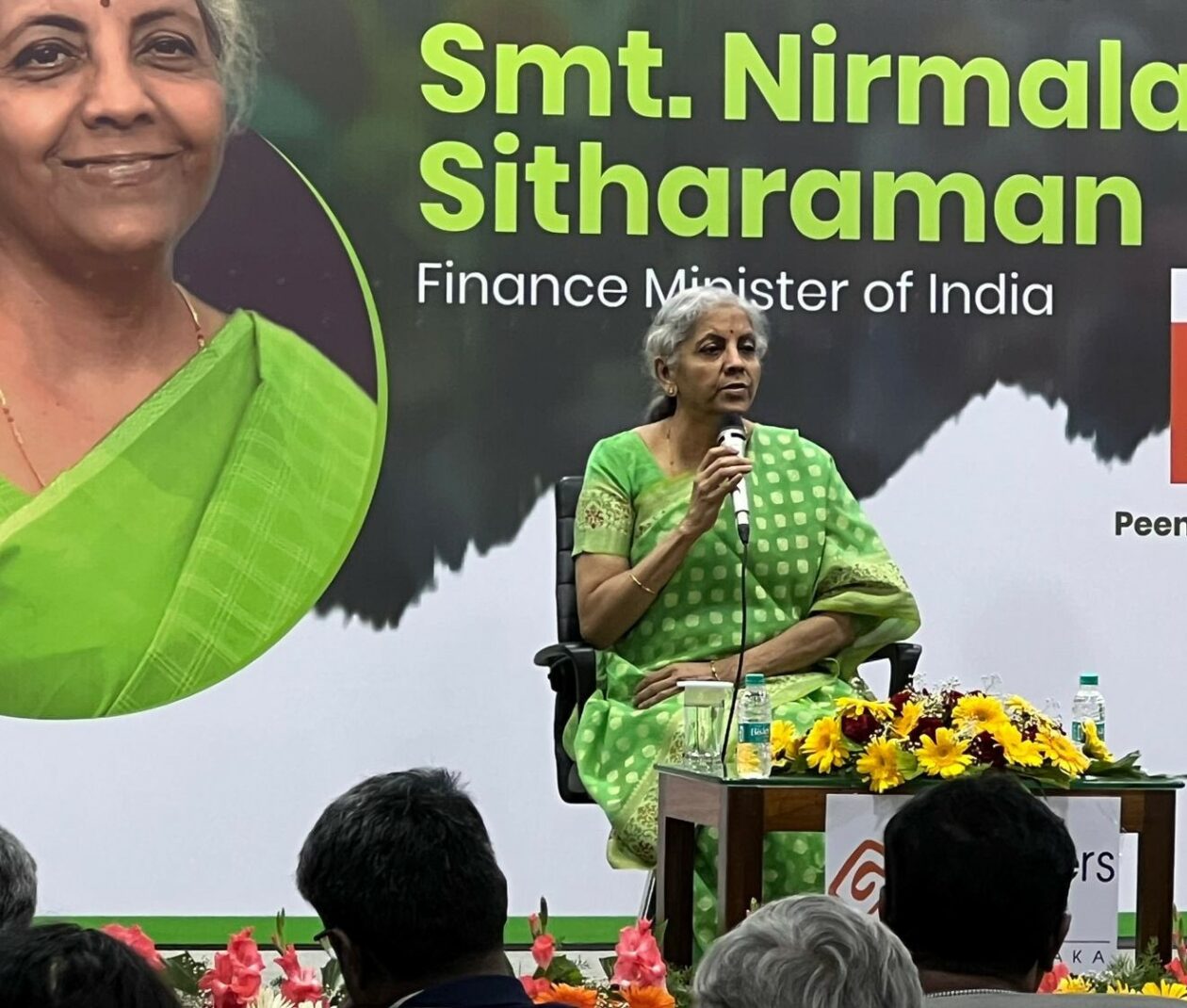India’s Finance Minister Nirmala Sitharaman, in commending the potential of distributed ledger technology, has urged for a global consensus in regulating crypto while emphasizing that regulation did not equate to government control over the technology.
See related article: Common regulatory framework for crypto to come during India’s G20 presidency, finance minister says
Fast facts
- “The understanding today in G20 is that a global template may have to be created. All of us will have to work together on it otherwise regulating crypto may not be effective. That does not mean we are controlling the distributed ledger technology. It has its goodness, it has its potential, it has its own strengths. We keep that in mind,” Sitharaman said on Sunday at an interactive session in Karnataka in India.
- Other Asian countries, like Singapore, also see potential in distributed ledger technology use cases, such as asset tokenization and cross-border payments, but warned that cryptocurrencies have no fundamental value.
- “No one country, individually, in a matter of technology-driven crypto assets can control it because technology doesn’t have borders. So if you were to regulate here and not elsewhere, it will only flow like that and keep hitting back at you. It will not be effective,” she added.
- The International Monetary Fund’s paper on cryptocurrencies and the way it can affect macroeconomic stability, and the Financial Stability Board’s report on the financial stability of crypto assets, will be discussed at the G20 meeting in July when finance ministers and central bank governors are scheduled to meet, Sitharaman said.
- India, currently president of G20, will also host a meeting among G20 prime ministers and presidents in September.
- India has been managing digital assets with suspicion by imposing a 30% flat tax on crypto income and a 1% tax deducted at source (TDS) on crypto trades above 10,000 Indian rupees (US$122). The South Asian nation also does not allow crypto traders to offset losses against gains, and has introduced a penalty equal to TDS for non-deduction, interest of 15% annually for late payment, and even imprisonment of up to six months.
See related article: India imposes money laundering regulations on crypto industry






